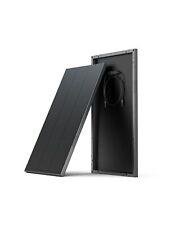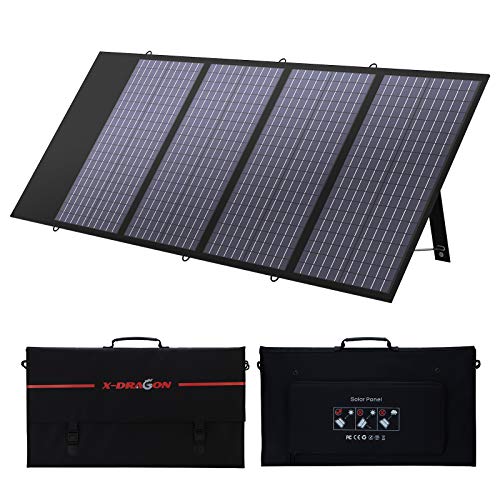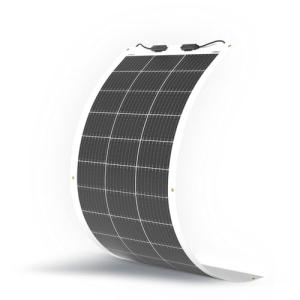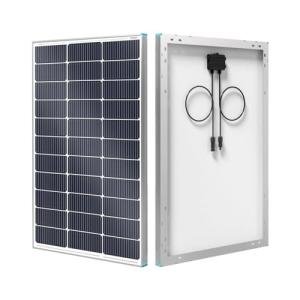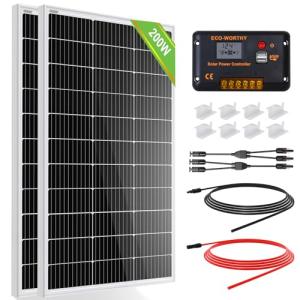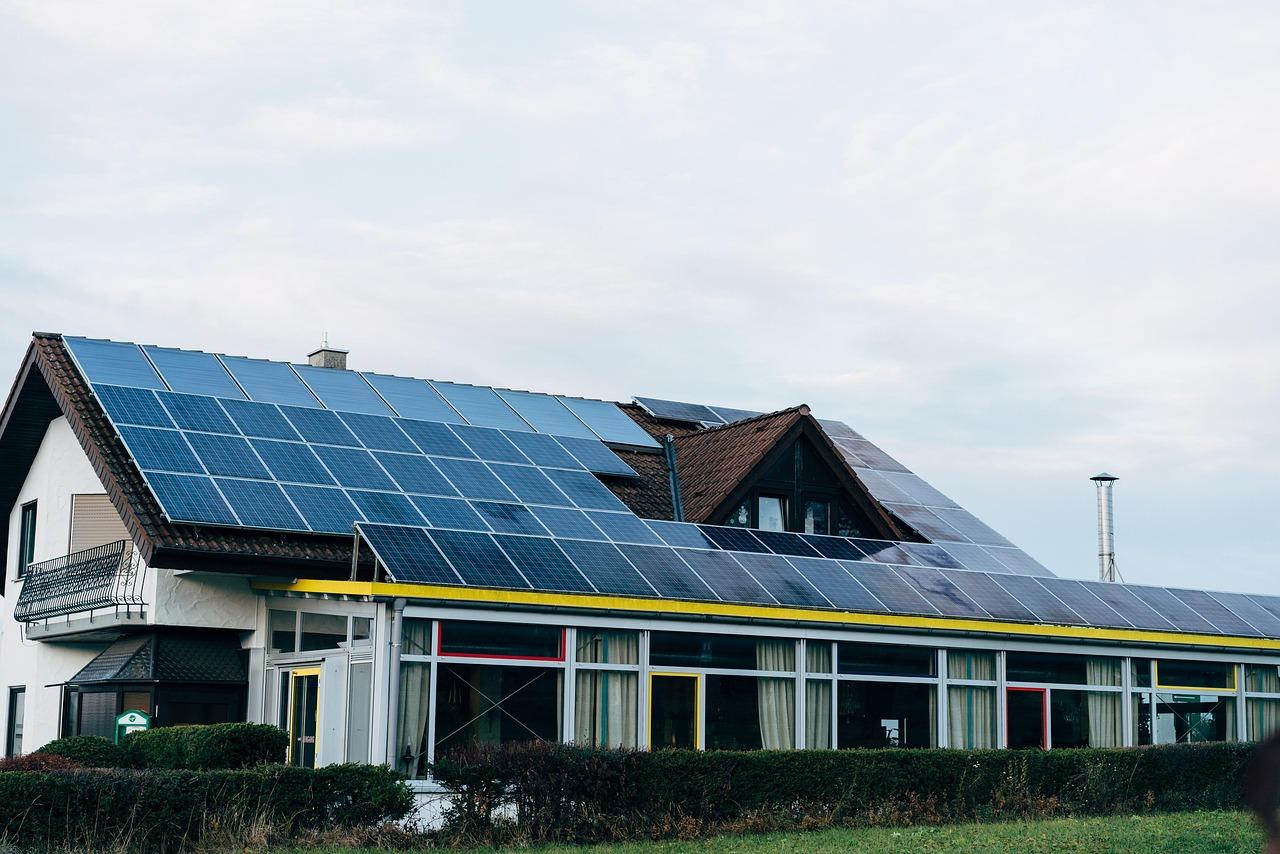When you're looking into solar panels, one of the first things that pops up is the solar panel cost. It’s smart to figure out what's really behind that number. Several factors come into play, and understanding these can help you make a better decision.
First up, the type of solar panel matters a lot. You usually have two main options: monocrystalline and polycrystalline panels. Monocrystalline panels tend to be more efficient and take up less space, but they also come with a higher price tag. On the other hand, polycrystalline panels are more affordable but may take up more room for the same output. Knowing which type fits your needs can impact your solar panel cost significantly.
Another biggie is installation. A professional installation can add to your total bill, but it’s often worth it for proper setup and warranties. Costs can vary depending on where you live and how easy (or complicated) your roof is to work with. Local labor rates and building codes can sneak up on you, so it’s good to shop around and get quotes.
Don’t forget about the size of your system! The more power you need, the more panels you’ll generally require. This directly bumps up your solar panel cost. It’s helpful to evaluate your energy needs and think about how much sunlight your location gets. That way, you can find the perfect balance without overspending.
Lastly, government incentives and rebates can seriously cut down your solar panel cost. Many places offer financial help that can make going solar a smart investment. Always check what’s available in your area, as these programs can change over time and could save you a bundle!
Breaking Down Installation Expenses
When you're diving into solar panel cost, installation expenses can feel a bit overwhelming. But let's break it down together. First off, you’ll have to think about labor. The price tag can vary based on where you live and the complexity of your roof. A straightforward installation might be cheaper, while something more complicated will definitely add to the cost.
Next, there are permits and inspections. Every area has different requirements, which can mean extra fees. Don’t skip this step; it’s essential for keeping your installation legal and safe. Typically, these costs can range from a few hundred to a couple thousand dollars, depending on where you are.
Another important piece is the mounting equipment. This is what holds your solar panels in place. If you have a flat roof, you might need special mounts that can increase your solar panel cost. Also, don’t forget about any electrical work that might be needed to connect your new system to the grid. If you have to upgrade your electrical panel, that could add some extra bucks too.
It's also worth mentioning any additional features you might want. Battery storage systems are more expensive but can be beneficial if you want to store energy for nighttime or cloudy days. Weigh your options and decide what works best for your needs.
EF ECOFLOW 2 Pack 100W Monocrystalline Solar Panels
Harness the power of the sun with these high-efficiency, portable solar panels designed for all your energy needs
Product information
€187.03
Product Review Score
4.21 out of 5 stars
11 reviewsProduct links
Saving on Energy Bills with Solar
Switching to solar is a smart move if you're looking to save some cash on your energy bills. It’s not just about being eco-friendly; it’s also about cutting down your monthly expenses. Once you install solar panels, the energy starts coming from the sun instead of your utility company, which can seriously reduce your bills.
Imagine generating your own power without relying on rising electricity rates. With solar panels, you can lock in your energy costs for years, leading to some pretty impressive savings. Even if the upfront Solar Panel Cost feels a bit high, think about it as an investment rather than just an expense. Plus, with various incentives and tax credits available, you might find the initial cost is less than you expected.
Also, consider how much energy you use regularly. Solar panels can cover a big chunk of that. Many homeowners end up producing more energy than they need, allowing them to sell the excess back to the grid. This means your solar panels could actually make you money! It’s like getting paid for sunlight coming into your home.
Lastly, the long-term benefits are hard to ignore. When your energy bills drop and your solar panels last for decades, you’ll start to see real savings over time. So, if you've been weighing the Solar Panel Cost against your current bills, it’s time to lean toward a sunny solution that brings financial relief.
X-DRAGON 140W Foldable Solar Panel Charger
Harness the power of the sun with this portable and efficient solar panel charger, perfect for outdoor adventures and emergency backup
Product information
Product Review Score
4.37 out of 5 stars
85 reviewsProduct links
Financing Options for Solar Panels
When you're looking into solar panels, you might be wondering how to handle the finances. Solar Panel Cost can seem high at first, but the good news is, there are plenty of financing options out there to make it easier on your wallet.
One popular choice is a solar loan. This lets you pay for your solar panels over time, making it easier to manage. You won't have to cough up all the cash upfront. Many lenders offer competitive interest rates, so check out your options and see what works best for you.
If you want something with no monthly payments, consider a Power Purchase Agreement (PPA). With a PPA, you essentially rent the solar panels. You pay for the power they generate rather than owning them outright. It's a great way to enjoy solar energy without the big initial investment. Plus, it's usually at a lower rate than your local utility.
Don’t forget about tax credits and rebates! The federal government offers incentives that can help lower your Solar Panel Cost. Many states and local governments chip in with their own programs, too. Make sure to check what’s available in your area.
Take your time to look into these options. Understanding your financing choices can make a big difference in how you approach your solar purchase. It's all about finding what fits your budget and lifestyle best!

